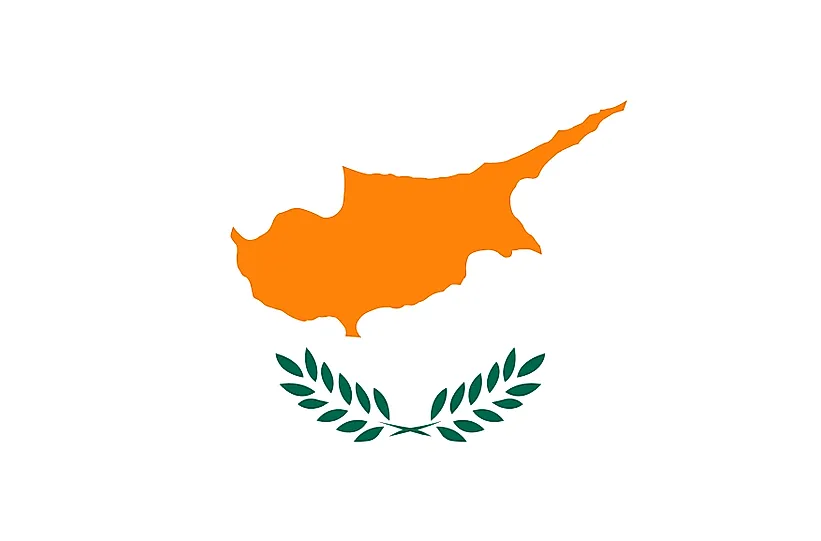
Cyprus
| Continent | Asia |
| Capital | Nicosia |
| Population | 1,205,575 |
| GDP | $29.26 Billion |
| GDP per Capita | $34,400 |
| Dialing Code | +357 |
| ISO Code (2-letter) | CY |
| ISO Code (3-letter) | CYP |
Cyprus Landscapes






About Cyprus
Welcome to Cyprus, an island nation where ancient history meets modern European culture in the eastern Mediterranean. With approximately 1.2 million people occupying 9,251 square kilometers, Cyprus combines rich archaeological heritage with contemporary development, creating a unique blend of traditions at the intersection of three continents.
Geographic Features and Natural Beauty
Cyprus’s geography features diverse landscapes, from the Troodos Mountains rising to 1,952 meters at Mount Olympus to golden beaches stretching along 648 kilometers of coastline. The Mesaoria plain between the Troodos and Kyrenia mountain ranges provides fertile agricultural land.
The Akamas Peninsula National Park preserves unique Mediterranean ecosystems, including rare flora and fauna. The island’s beaches, particularly in Ayia Napa and Protaras, are renowned for their crystal-clear waters and fine sand, while sea caves and rock formations create dramatic coastal scenery.
Cyprus enjoys a Mediterranean climate with long, dry summers and mild winters, supporting traditional agriculture including citrus fruits, olives, and the famous Commandaria wine grapes. The island’s location influences its role as an ecological stepping stone between Europe, Asia, and Africa.
Cultural Heritage and Traditions
Cypriot culture reflects thousands of years of diverse influences, creating a unique identity that bridges European and Middle Eastern traditions. The island’s rich archaeological heritage includes ancient Greek temples, Roman villas, Byzantine churches, and Crusader castles.
Traditional arts include distinctive pottery, particularly from Phini village, lace-making in Lefkara, and unique religious iconography. Cypriot cuisine combines Greek and Turkish influences, featuring specialties like halloumi cheese, souvla, and traditional sweets like loukoumia.
Folk music and dance remain important cultural expressions, with traditional instruments like the bouzouki and laouto still played at celebrations. The island’s religious traditions, primarily Greek Orthodox Christianity, play significant roles in cultural life.
Historical Journey
Cyprus’s history spans over 10,000 years, including ancient civilizations, Byzantine rule, Crusader kingdoms, and Ottoman administration. The island’s strategic location has made it a crossroads of civilizations and trade routes throughout history.
After gaining independence from British rule in 1960, Cyprus experienced significant changes, including the events of 1974 leading to the current division of the island. Despite challenges, the Republic of Cyprus has developed into a modern European nation while preserving its cultural heritage.
Modern Economic Landscape
Today’s Cyprus has a service-based economy focusing on tourism, financial services, and shipping. The country has developed significant expertise in tourism management and has become an important regional business center.
The discovery of natural gas deposits in Cyprus’s exclusive economic zone has created new opportunities for economic development. The country’s strategic location and EU membership support its role as a bridge between Europe and the Middle East.
International Relations and Global Position
Cyprus maintains active participation in the European Union and various international organizations. The country’s location and historical experience make it an important voice in Mediterranean affairs and East-West relations.
Did You Know?
• Cyprus is home to some of the world’s oldest water wells and one of the oldest known settlements in Europe?
• The island’s Commandaria wine is recognized as the world’s oldest named wine still in production?
• Halloumi cheese originated in Cyprus and is a protected product under EU regulations?
• The island is home to unique wildlife, including the Cyprus mouflon, found nowhere else in the world?
Conclusion
Cyprus represents a unique blend of ancient heritage and modern European identity in the Mediterranean. From its archaeological treasures to its beautiful beaches, from its traditional villages to its modern cities, Cyprus continues to evolve while preserving its rich cultural heritage. As it addresses contemporary challenges including regional cooperation and sustainable development, Cyprus remains committed to its role as a bridge between cultures and continents.